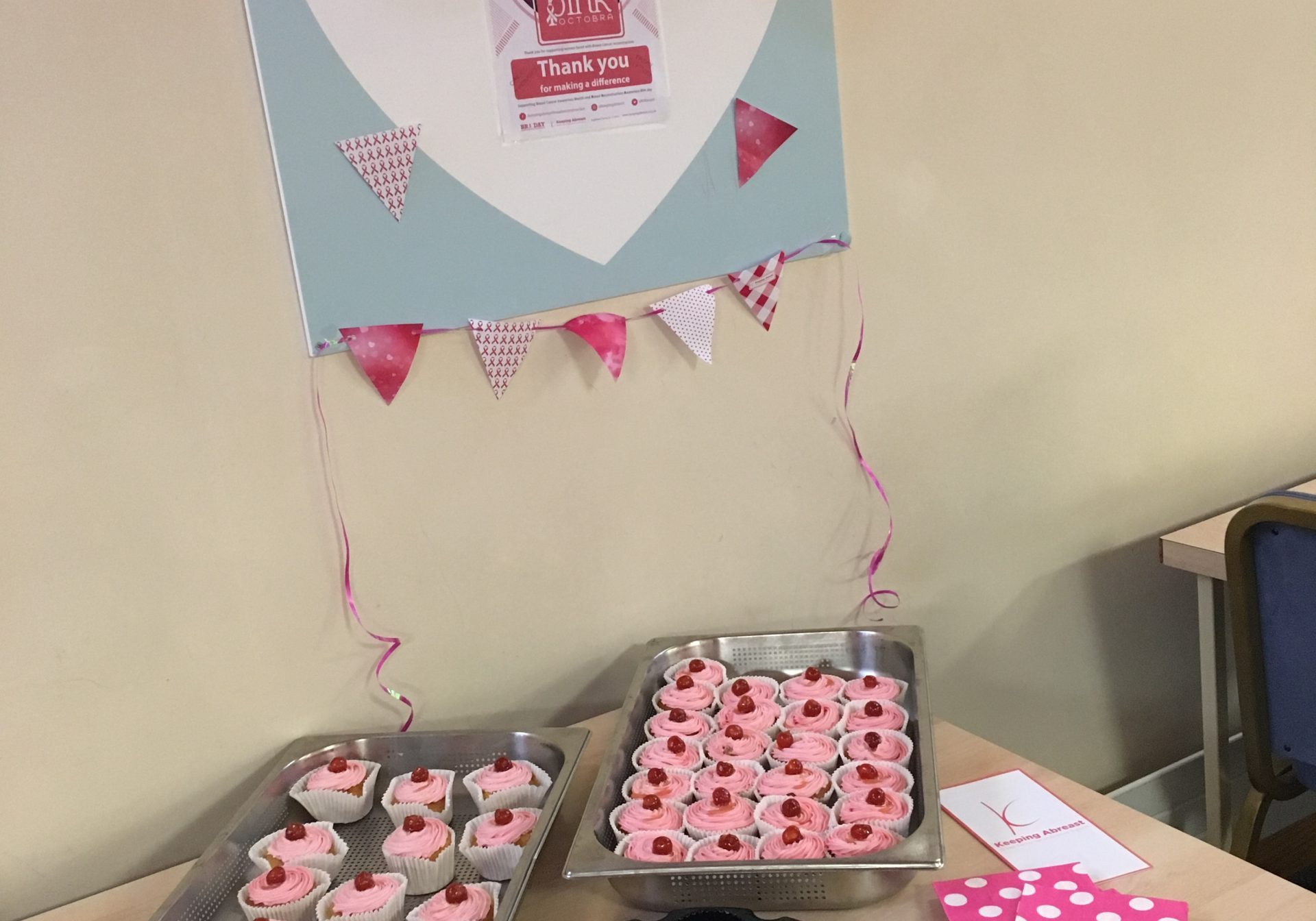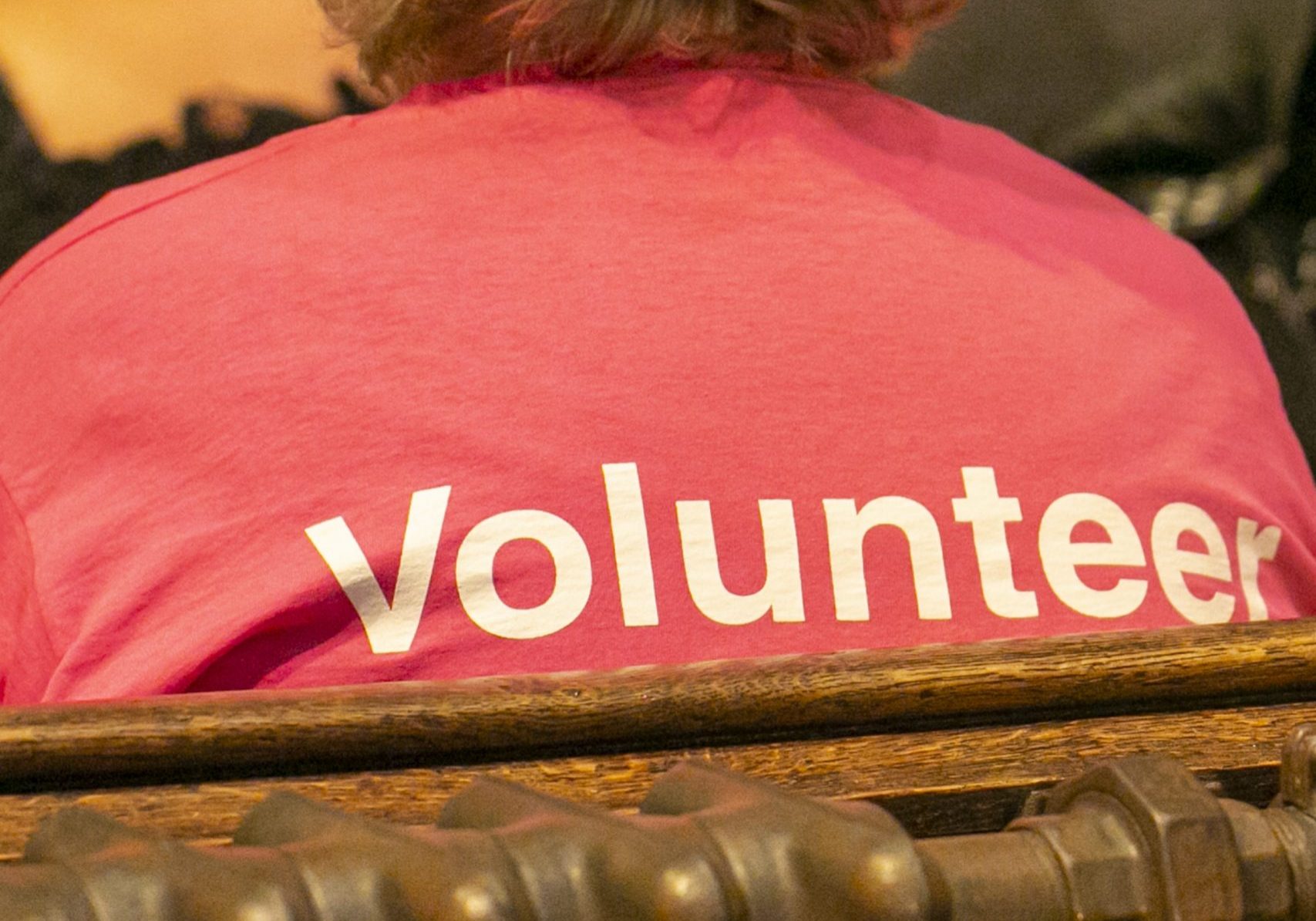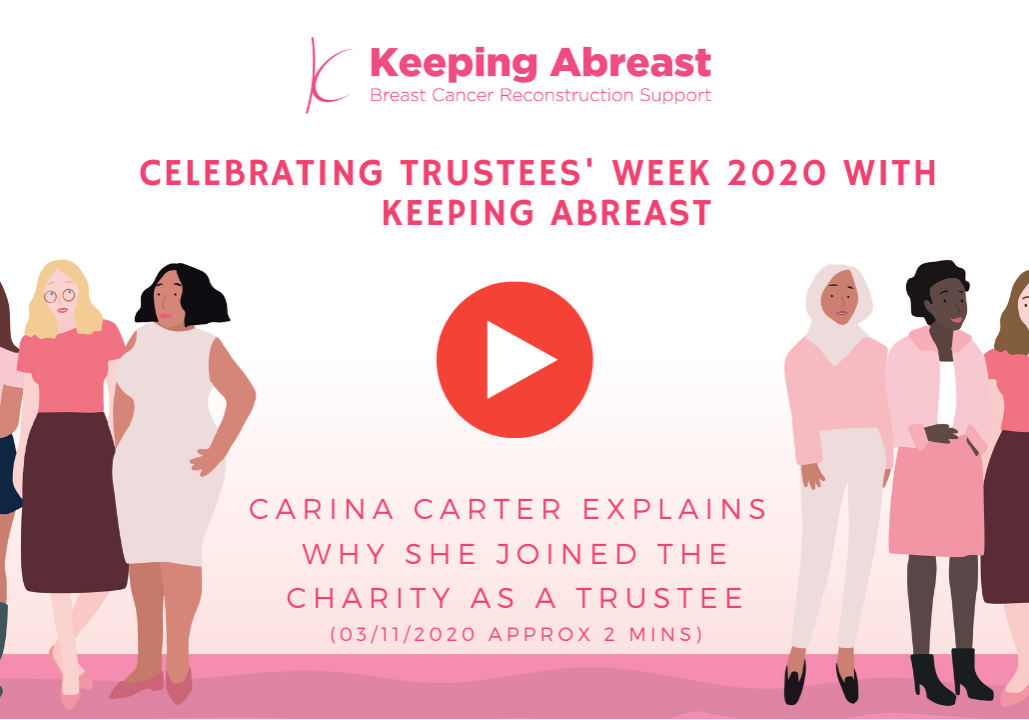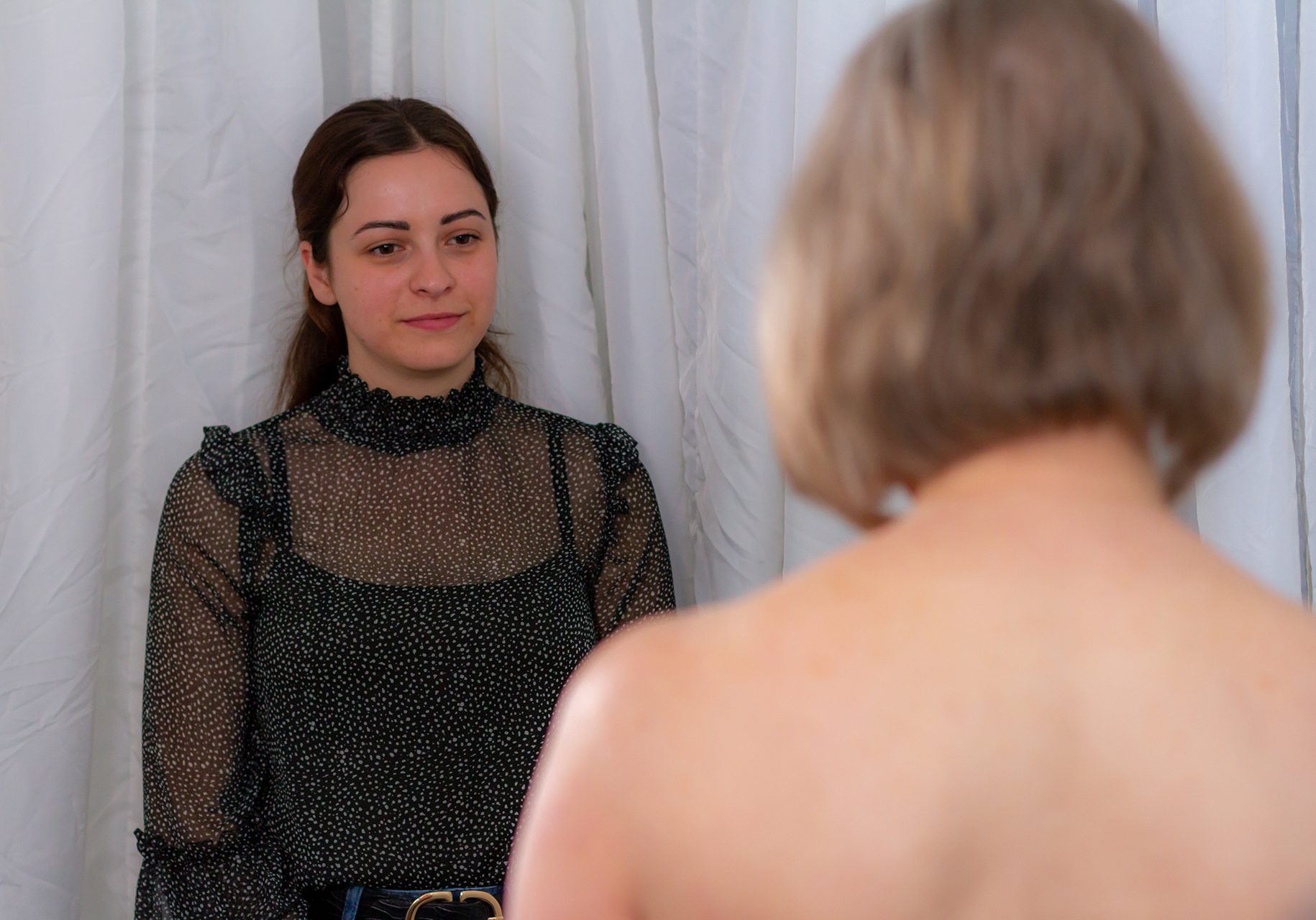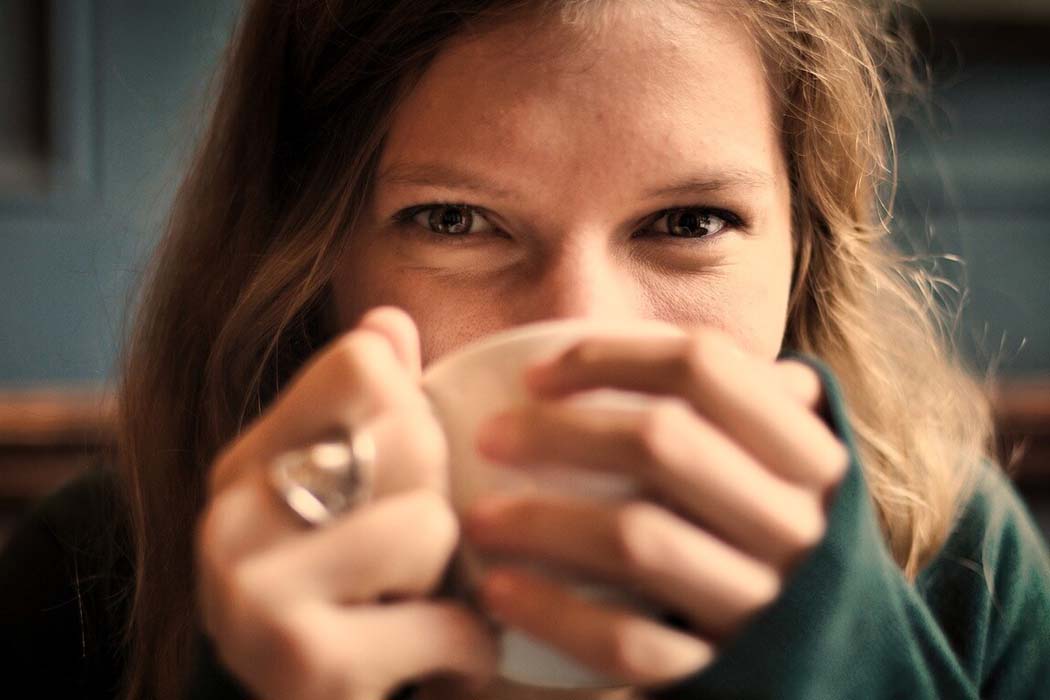
PERSONAL STORIES
A collection of interviews with and stories from women who have been affected by breast reconstruction
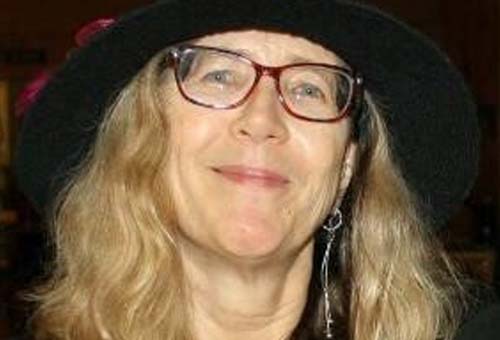
Personal Stories:
Nerissa
HOW MINDFULNESS HELPED ME TO WORK WITH HAVING A MASTECTOMY
By Nerissa Fields
www.yogawithnerissa.co.uk
I earn my living as a yoga and mindfulness teacher and am also an aromatherapist. I work with a wide variety of groups, some privately, but mostly through the WEA (Workers’ Educational Association) and at Leicester College.
It is February 2019 and I receive a letter for a routine mammogram; I look at the date and think “that is really inconvenient”, so I cancel it and arrange another appointment. On the date in question, I am at one place in the morning, I zoom to the Glenfield Hospital, have the mammogram, which is in a mobile unit, and then go back to my next port of call. I do not give it a second thought! That was in the days when I thought ‘Zoom’ meant going from one place to another, not sitting in front of a screen.
Within a few days I come home and there is this letter. It is a Tuesday; on a Tuesday I work at three different places and reach home about 2.30pm, have a few hours at home in the afternoon and then leave at six to teach pregnant women.
The letter says that I have abnormal cells in one of my breasts and need to go back to the Glenfield on the Friday. I have butterflies in my stomach and my immediate reaction is to phone a friend, but I stop and decide to sit with this news. I place my hand on my tummy, I notice the time. The butterflies last three hours. I write down my thoughts. I meditate. I sit and breathe, I quieten my mind, I am present with this and begin to open myself to whatever is happening. I say to myself that at this point: “We do not know anything. These are thoughts not facts! Also, I am one of the healthiest people I know;
I couldn’t possibly have breast cancer!”
I then go and teach.
I say to pregnant women that are three important points that will get them through labour: firstly, to work with their breath and low sounds; secondly, to embrace labour but have an open mind; thirdly: “You can do this – you can deal with any eventuality.” This also stands for the daily challenges that life gives us. This is where I found myself now.
I go to the appointment on my own. Optimistically, I park the car for an hour. I was the middle of running a mindfulness course whereby the following week I would be teaching a meditation on ‘How to Deal with Difficulty’. I laugh quietly to myself as I see the irony. Throughout the morning, I see the consultant; they do an ultrasound there and then and later a bioscopy. I see a range of people – more doctors, radiographers and nurses. Everyone is there with a friend or a partner. I am on my own – I didn’t think to take anyone with me. At one point, I go and see the receptionist and say that my car parking ticket runs out shortly. She is wonderful, she asks for my number plate and car details and tells me that the car will be fine.
The morning finishes three hours later with me seeing a young nurse in a room with sofas and pictures on the wall and flowers and rugs. It is very floral. She gives me loads of leaflets and booklets to read. She means very well, but her voice is quiet and serious.
I need soup! I tell the receptionist and she says not to worry about the car. I go to the Glenfield café and sit with tomato soup; I breathe.
I drive home slowly, working with the breath.
On reaching home, I write it all down.
Two weeks later, I go back with my son and we are seen immediately. There are two doctors and two nurses. They want to take away a quarter of my breast, including the nipple and areola and follow it up with three to four weeks’ radiotherapy. They want to do the operation within days. But I have already cancelled loads of my classes as I had the flu in the February (first time ever) and I don’t want to cancel any of my classes. I put the operation back so everything is covered. I need time to go home and take it all in. I do not want to have a quarter of my breast removed; it seems so brutal.
I write it down, I meditate, I breathe. I have to drive a few days later out to a small village in Leicestershire where I work with a young woman with PMLD (profound and multiple learning disabilities). I do massage and passive yoga stretches with her. It is a round trip of 20 miles. On the way, I say to myself that I am resigned to this operation and then, as the journey continues, I think about the fact that in many countries throughout the world there are no mammograms and women in my position would just die and probably a long, slow, painful death at that. I breathe, I open my heart and I totally accept this. I am so accepting that I hardly tell anyone.
The operation is the day before Good Friday. I am due to go on holiday for a week the following day; I cancel the holiday. I prepare myself for the operation with breathing and relaxation techniques. I tell them I am not very good with anaesthetics. After the op, I go home and rest for 10 days. I have a headache every single day (along with sickness – this is what I experience after an anaesthetic). I have a little routine after the operation which involves meditation, sometimes two or three times a day, and listen to Jack Kornfield (writer and Buddhist practitioner) every morning and the radio in the afternoon and sometimes, depending on the headaches, I read or maybe watch Netflix.
I go back to work and tell hardly anyone and attend the Glenfield on my own for the next set of results. I am 98% confident that everything will be fine, but also 2% prepared for anything. The appointment is at 8.40am. I work at LOROS, the local hospice, on Wednesday mornings doing massage, and as the Glenfield is up the road and I don’t need to be there till 10, I think I can pop in and then go straight there. I am still waiting to be seen an hour later, so I cancel LOROS.
When I am seen, there are again two doctors and three nurses. They tell me I now need a mastectomy and lymph nodes removed. I burst into tears and then I breathe. I leave the Glenfield and call a close friend on the way home.
I come home and tell my son and burst into tears again. I work on my breath as he puts his arms round me.
In the afternoon I teach a general yoga class and then I am working at another venue where I am running a range of workshops consecutively for staff to boost and uplift their energy. I am teaching basic yoga, breathing and mindfulness. I laugh again on the way there at the irony of the situation. I am very fortunate that I have a professional hat which I can put on to see me through.
I come home and write it all down, I breathe.
I have opted for breast reconstruction at the same time, so I need to see another surgeon. One of my woman friends insists on coming with me. She is amazing, she makes notes, she asks questions, she is 100% there for me.
The operation is the following week, so I have to cancel everything and tell everyone; I am out of my comfort zone. I have had to be compassionate to myself and the compassion I now receive is without doubt totally and utterly overwhelming. I have had to let go in so many ways, by telling everyone, by cancelling my classes, by totally accepting the situation and I knew the only way forward was to turn and face it with my head held high.
I go down for the op at 1.30 and come back at 6.20pm. Some of this is recovery time. I feel sick and have a headache. There are two drains from my breast. My son takes me home. I can do very little for two weeks whilst the drains are there, they are then removed, and I need another four weeks to recover. Friends come and go, cards, flowers and food arrive. I am tired and in a lot of discomfort. I breathe, I meditate, I listen to Jack Kornfield. I am very, very appreciative of the support.
Before the op, I set in place a cleaner, change my sleeping conditions so that I could be next to the bathroom and arrange to go to have my hair washed once a week at a local hairdresser. I continue to be grateful for the skills that I am blessed to have and the wonderful people around me. I have been able to open my heart and travel this journey surrounded by those wonderful people.
As Jack Kornfield says:
“In the end these things matter most:
How well did you love?
How fully did you live?
How deeply did you let go?”
Nerissa Fields
Autumn 2020
chapters to get though yet!
Alternatively, you can watch a range of informational videos on our YouTube channel.
About Us
Keeping Abreast was established in September 2007 by patients Anna Beckingham and Beverley Birritteri and Breast Reconstruction nurse specialist Ruth Harcourt. They recognised a great need for women, both newly diagnosed with breast cancer and facing the possibility of mastectomy, and also women further down the line who are also considering reconstructive surgery, to be able to meet and talk to other women who have been through similar experiences. This allows women make an informed choice about whether or not to proceed with breast reconstruction.
© 2021 © Keeping Abreast Breast Cancer Reconstruction Support Group, registered charity number: 1129522. Registered office: M&A Partners, 7 The Close, Norwich, NR1 4DJ

